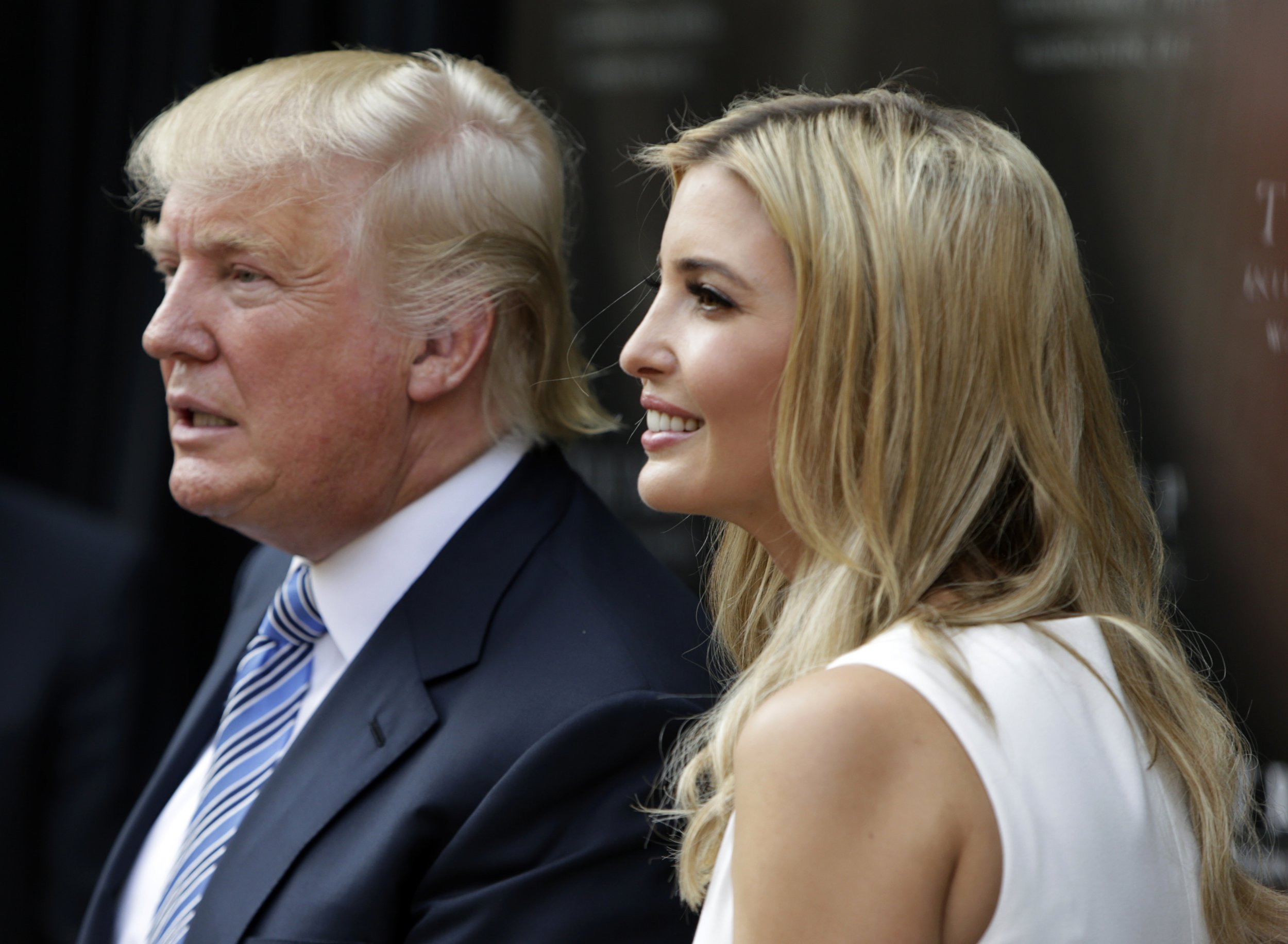
This article first appeared on the Cato Institute site.
In the hit musical Hamilton, King George, newly estranged from the revolutionary American colonies, challenges his former subjects to justify their choice.
"What comes next?" he asks, "You've been freed. Do you know how hard it is to lead? You're on your own. Awesome! Wow! Do you have a clue what happens now?"
We might well ask the same question.
The unexpected elevation of Donald Trump to the Presidency presents a failure for pollsters, a reorientation of American politics and raises the fundamental question of what kind of policies a Trump administration is likely to pursue.
On foreign policy, Trump's statements throughout the campaign have been profoundly incoherent, ranging from more traditional hawkish Republican views on issues like the Iran deal, to more unorthodox, restrained views on Syria and other Middle Eastern conflicts, to his more conciliatory approach to Russia and truly bizarre fixation with Russian strongman Vladimir Putin.
So what comes next? How will the Trump administration approach foreign policy? As Elizabeth Saunders notes over at the Monkey Cage, advisors wield substantially more power under an inexperienced president. So to a large extent, Trump's foreign policy choices will depend on who he chooses, not just to be his key foreign policy advisors, but to staff his administration's foreign policy positions more generally. There are two potential scenarios that we can imagine:
Scenario One: The Isolationist
President-elect Trump—assisted by advisors from the Breitbart wing of the Republican Party—could choose to double down on the America First, trade- and immigration-bashing policies that helped to get him elected.
This approach would bring a few improvements on the Obama administration (or more likely, on the policies Hillary Clinton would likely have pursued): the potential for less U.S. involvement in civil conflicts in the Middle East and for improved relations with Russia.
Yet unlike the prudent, restrained foreign policies often erroneously described as isolationism, Trump's policies would be truly isolationist, with a less active foreign policy combined with trade and immigration restrictions that would see America retreat from the world.
Trump's emphasis on winning at all costs would create zero-sum conflicts with other states, and potentially lead to dangerous trade wars against other major powers.
Scenario Two: The Imperialist
The other strand prominent in Trump's campaign was his near-Jacksonian rhetoric, with its focus on the importance of military strength.
His repeated calls for ISIS to be crushed, for terrorists' families to be killed and even his strange convictions about seizing Iraqi oil all fit into this paradigm, which would see an inwardly-focused America which nonetheless prizes military power.
In addition to hawkish-leaning congressional Republicans, and his Vice President Mike Pence, the rumored candidates for cabinet appointments in a Trump administration include neoconservative thinkers like John Bolton and hawks like Gen. Mike Flynn.
On the upside, like the first scenario, this would probably see the United States get involved in fewer unnecessary civil conflicts. Yet the downsides are again far more pronounced, with substantially increased military spending and military conflict likely.
Certainly, these are two extreme options. The most likely scenario for foreign policy in a Trump presidency is probably some milder combination of these choices, with Trump perhaps defending his conciliatory approach to Russia, but bowing to congressional hawks on other issues.
His foreign policy could remain incoherent, simply reacting to crises on a day-to-day basis. Or it's possible that Trump largely ignores foreign policy issues, or even that he will be effectively constrained by some combination of foreign policy elites and civil servants within the foreign policy bureaucracy.
But these scenarios still raise a serious concern: we simply don't know what to expect from Trump's foreign policy. So as we come to terms with the idea of a Trump presidency, we have to ask ourselves: what comes next? No one knows.
Emma Ashford is a research fellow at the Cato Institute.
Uncommon Knowledge
Newsweek is committed to challenging conventional wisdom and finding connections in the search for common ground.
Newsweek is committed to challenging conventional wisdom and finding connections in the search for common ground.
About the writer
To read how Newsweek uses AI as a newsroom tool, Click here.








